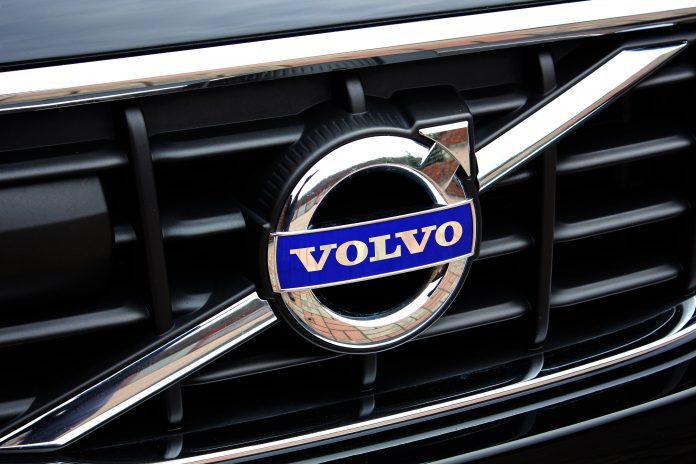Swedish automaker Volvo Cars is introducing a new supply-chain tracker that allows customers to trace the sources of essential raw materials in its EV batteries. This move comes as the environmental and social impacts of materials used in the energy transition are facing increased scrutiny.
In partnership with British technology firm Circulor, Volvo has developed an innovative electronic record called a “battery passport.” This passport contains verified data on raw materials’ origins, weight, and size, the chain of custody of components, and the recycled content within the battery. The European Union will require battery passports for all EVs by 2027, speeding up the demand for solutions like the one created by Circulor and Volvo.
Starting this year, EU and U.S. customers will have access to the battery passport via an app or a QR code inside the driver’s door. Initially, it will be introduced with Volvo’s XC90 models. The cars will utilize Circulor’s blockchain technology as a digital ledger to guarantee transparency.
Circulor and Volvo spent six years developing this battery passport, tracing the supply chain from “rock to car.” Circulor CEO Doug Johnson-Poensgen likened the passport to a cake, identifying and sourcing each ingredient along with its environmental cost. The purpose is to ensure responsible sourcing and improve battery sustainability.
The battery passport will include the CO2 footprint of the entire battery pack, the percentage of recycled materials used, and life cycle data to eventually show battery health. This transparency aims to enhance battery recyclability. “Ensuring an ethical supply chain for our battery raw materials is a major focus area for us,” said Vanessa Butani, head of global sustainability at Volvo Cars.
Commodities such as cobalt and nickel, which are essential for the energy transition, are under intense scrutiny due to worries about mining practices, particularly in regions like Congo. Volvo’s battery passport is a significant step in tackling these concerns by offering detailed information about the sources and sustainability of the materials used.”
Andy Leyland, co-founder of battery analysis firm SC Insights, emphasized the importance of transparency in supply chains associated with the energy transition. The battery passport initiative is a significant achievement in promoting responsible sourcing practices.
The Global Battery Alliance (GBA), formed in 2017, has been working towards improving recycling and safeguarding human rights in the battery supply chain. Volvo and Circulor are members of this alliance, which has launched several pilot projects, including a battery passport by CATL and Audi in January 2023. The GBA’s efforts aim to bring new levels of transparency to the cobalt provenance and promote responsible mining practices.
In summary, Volvo’s introduction of the battery passport marks a significant step toward greater transparency and sustainability in the EV battery supply chain, setting a new standard for the industry.




